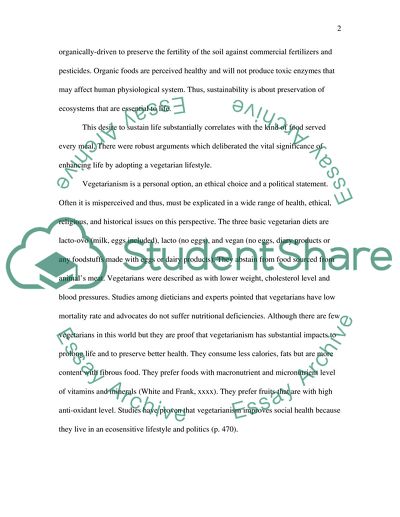Cite this document
(Vegetarianism Veganism and Meat Avoidance Case Study, n.d.)
Vegetarianism Veganism and Meat Avoidance Case Study. Retrieved from https://studentshare.org/health-sciences-medicine/1576088-individual-research-project-sustainability-and-food
Vegetarianism Veganism and Meat Avoidance Case Study. Retrieved from https://studentshare.org/health-sciences-medicine/1576088-individual-research-project-sustainability-and-food
(Vegetarianism Veganism and Meat Avoidance Case Study)
Vegetarianism Veganism and Meat Avoidance Case Study. https://studentshare.org/health-sciences-medicine/1576088-individual-research-project-sustainability-and-food.
Vegetarianism Veganism and Meat Avoidance Case Study. https://studentshare.org/health-sciences-medicine/1576088-individual-research-project-sustainability-and-food.
“Vegetarianism Veganism and Meat Avoidance Case Study”, n.d. https://studentshare.org/health-sciences-medicine/1576088-individual-research-project-sustainability-and-food.


